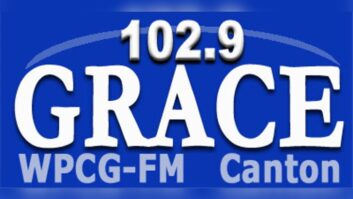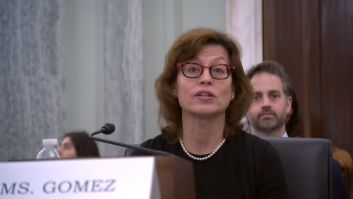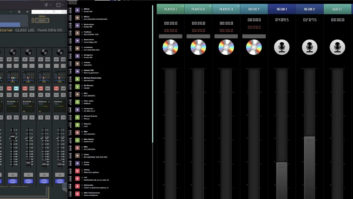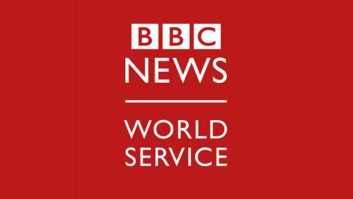One step closer
Jul 1, 2005 12:00 PM, By Chriss Scherer
Last month, the NRSC submitted its IBOC standard called NRSC-5 to the FCC. In short time, the FCC turned around and requested comments on the standard. Since the request was made, several comments have been supplied to the FCC. The deadline for the initial comments is a few days from this issue going to the printer. Reply comments are due next month. We encouraged readers to share their comments with us as well. Some of these have been posted to Reader Feedback online and used in our twice-monthly e-mail newsletter, IBOC Update.
Before the NRSC provided the data to the FCC, the information was posted on the NRSC website. Immediately people noticed that the standard did not include three items: a defined audio coding system, details on supplemental program services (multicast or Tomorrow Radio) and advanced data services.

E-mail lists and reader letters also noted that the standard did not address AM interference at night and the use of separate antennas. While these are worthy topics of discussion, these are not concerns of a transmission standard. NRSC-5 deals with the system that generates the IBOC signal.
Going back to the three missing items, should we be concerned that they are not covered in the standard? Not yet.
The lack of a codec specification protects the system from being completely proprietary. As it is, Ibiquity has stated that it will license the transmission technology without its HDC codec if it is asked. In theory, someone could create an IBOC system that uses another codec and then work with receiver manufacturers to include this alternate codec in the receivers. The development of smarter radios has been underway for some time, which makes this possible, although realistically impractical. Receiver manufacturers don’t want to manufacture units with multiple codecs. It’s been hard enough getting them to manufacture an IBOC receiver in the first place.
That aside, I was told that the NRSC deliberately omitted any codec specifications from the standard because legal restrictions prevent Ibiquity from divulging the actual specifications of HDC. The NRSC wanted to include it but because of the legal restrictions it was not possible.
As it is, coding technology will continue to improve, and IBOC is still in its early phases. The codec standard can be determined later.
Many have looked at supplemental program services (SPS) as a significant feature of IBOC. Commonly called multicast now, and previously called Tomorrow Radio when it was being developed by NPR and others, some see it as a way to provide new programming services to listeners. The belief is that these services could help terrestrial radio compete with the quantity of programming choices available from satellite or Internet radio.
I agree that SPS and surround sound are features that can help consumer acceptance of IBOC, but once again, we are at an early stage in IBOC. The first generation IBOC receivers are available. Kenwood, Radiosophy and some others are providing SPS-capable receivers, but they are not the norm. Not including SPS in NRSC-5 is not a problem, but it is something that needs to be addressed soon.
A long-standing promise of IBOC has been the ability to transmit additional data to listeners. Obviously displaying stock tickers and scores are information that many consumers want; These are available on Internet messaging services and cell phones. Advanced data services can offer more, but the receivers must be able to display this data. In addition, allowing the listener the ability to pick and choose data � a function of the receiver � will help drive acceptance of this.
Once again, the timing is important. Let NRSC-5 determine the basic operation of the system, which it has done. The added features and enhancements are needed, but they can wait until the next standards-setting announcement.
All I ask is that the NRSC and the receiver manufacturers not wait too long. The momentum has started. Don’t let it slip away.
Chriss Scherer, editor
[email protected]
E-mail:[email protected]
Fax:913-967-1905











